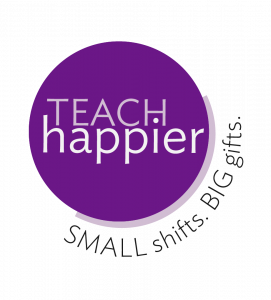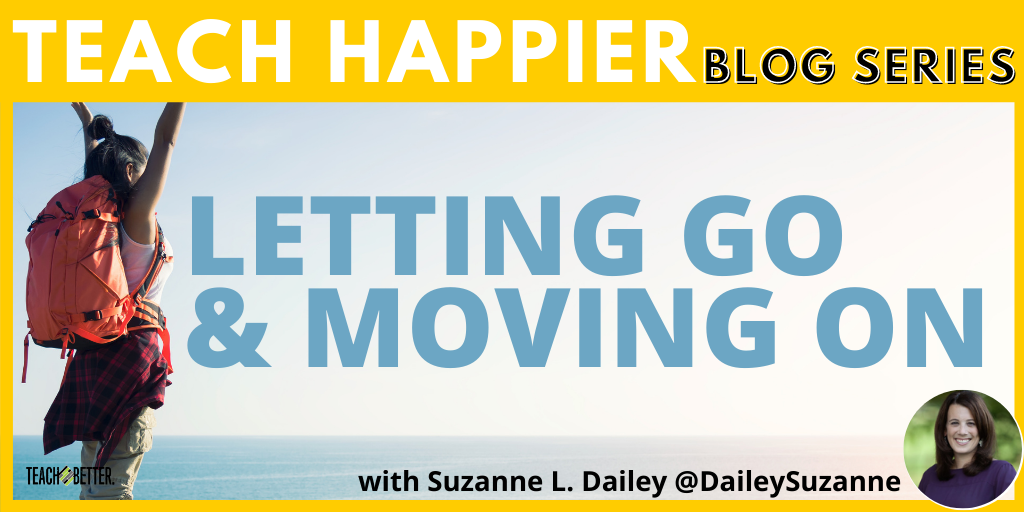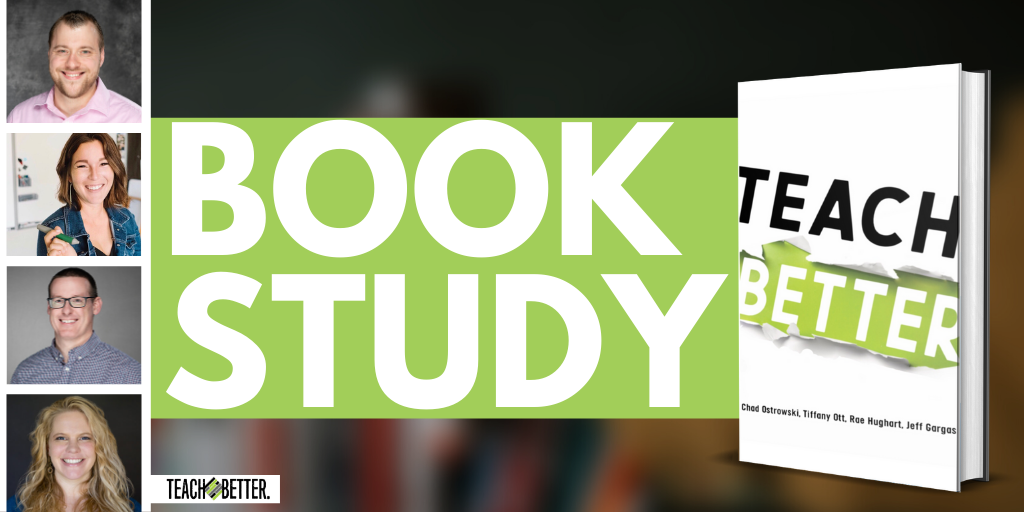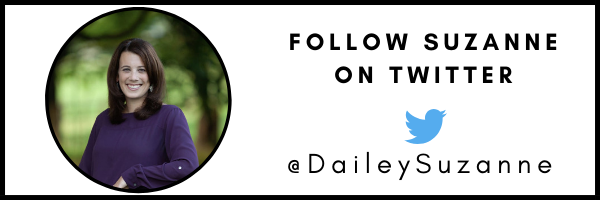TL;DR:
- Giving up isn’t synonymous with failure; we should think of it as letting go, rather than giving up.
- When we use the phrase letting go instead of giving up, we allow ourselves to consider the possibilities and pivot in another direction in our reality.
If it’s not 90s rock or country music playing in my earbuds, it’s a podcast. One of my favorite authors, Kelly Corrigan, just launched a podcast, Kelly Corrigan Wonders, and I’m here for it. She recently interviewed Nadia Bolz Weber, and I can’t wait to share what I learned and how it relates to us as educators.
Giving Up
In the past 8 months, many of us have been required to “give up” some of the traditional things we used to do in our classrooms. Although this is in efforts to keep students safe, it can feel like grieving because we’ve had to give up so much.
“I can’t do my engaging collaborative map project during our geography unit” or “I have to give up some chapters in my AP course because our pacing is off this year and I can’t get to them all” or “I had to put away all my flexible seating for rows of desks that just doesn’t feel the same.” Have you found yourself thinking like this? I have too, and so have many colleagues.
But in this podcast, we are invited to view ‘giving up’ differently. Since “sticking to it is a virtue we admire as a culture,” giving up is synonymous with failure. When we decide to give something up, it can feel like we are abandoning an idea, a commitment, or tradition, so oftentimes we force ourselves to stick with it. Nadia and Kelly teach us there is danger if we stick with something for too long. We become exhausted, and eventually burnout.
I don’t know about you, but there are some things that I’m desperately trying to hang on to from my past teaching practices and force them into this current time among a blend of teaching models. We must see that we aren’t giving up on our past practices. We’re letting go of what used to be. And what a difference this small shift can make!
When we move on, we no longer look at this change as a loss, but rather an opportunity to move in a different, healthier direction. Click To TweetLetting Go
When we continually focus on all that we have “given up” during this time, it primes our brain to emphasize the negative and scan for what’s lacking in our personal or professional lives. But if we frame it as letting go, it allows us to consider the possibilities and pivot in another direction in our new reality.
Think about some of the committees, recurring social obligations, relationships, or habits you’ve been hanging on to. Chances are, some of them may no longer serve you. When we realize this, we need to let it go. This doesn’t mean we gave up and failed. It means whatever we were doing is complete. By letting it go, we give ourselves permission to explore the potential that comes along with newly found time and space.
[scroll down to keep reading]Moving On
If we can be a bit more comfortable letting things go, then we get to the best part. Now we can move on. When we move on, we no longer look at this change as a loss, but rather an opportunity to move in a different, healthier direction.
Sometimes it’s essential to give up, let go, and move on. If there are traditions, habits, or relationships at home or at school that are no longer serving you, your students, or your family, consider making a change and adjust your life. You aren’t giving up. You’re letting go.
And then you can move on.
I can’t wait to see where this takes you.

Examine your personal and professional lives. What is something that you would like to let go of? How could that serve you and help you move on?
ABOUT SUZANNE DAILEY
Suzanne Dailey is a proud member of the Teach Better Family! She is an instructional coach in the Central Bucks School District where she has the honor and joy of working with elementary teachers and students in 15 buildings. Suzanne is Nationally Board Certified, a Fellow of the National Writing Project, and has a Masters Degree in Reading. She is dedicated to nurturing and developing the whole child and teacher. Suzanne lives in Doylestown, Pennsylvania with her husband and two children.




